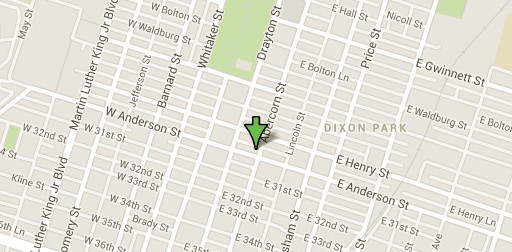TMJ is a common condition, experienced by up to 30% of people in their lifetimes, with as much as 10% of the population experiencing it at any one time. TMJ is particularly damaging for singers, whose careers can be significantly impacted by the condition.
Here’s how to determine whether you have TMJ, and how to keep it from being a road block on your path to a career as a professional singer.
TMJ Symptoms: Limited Jaw Opening and More
One of the most common pieces of advice for singers is that they should test for limited jaw opening. The quick and easy test is to make your fingers into a vertical blade, as if you’re going to do a karate chop. See how many of these fingers you can fit in your mouth. If it’s three or more, then your jaw isn’t restricted. If you can’t fit three fingers in, then you have a restricted jaw.
But there are other symptoms of TMJ to watch out for. If your jaw is popping or clicking, for example, you should talk to a neuromuscular dentist about the condition. Popping and clicking can be a warning about a jaw that isn’t working properly, and it can be a warning sign that you may soon experience a locked jaw, along with permanent, irreversible jaw damage.
You should also watch out for tinnitus. While tinnitus can be caused by the loud environment where you’re performing, practicing, or recording, it might also be related to jaw movement. Try moving your jaw to see if it changes the tone or intensity of tinnitus. If it does, TMJ may be the cause.
TMJ can also contribute to neck or back pain while performing, and can even lead to numbness or tingling, even dysfunction in your fingers. You may also experience headaches after singing.
How TMJ Can Affect Your Singing Career
TMJ can have a dramatic impact on your singing career. One of the biggest issues is that it can make it hard for you to form the notes you want. Your voice control can be significantly changed by TMJ. Not only are you unable to open your mouth fully, but you may have unwanted muscle and tissue tension throughout the mouth region.
In more serious cases, you may not be able to open your mouth to sing at all.
TMJ can also help to make it hard to maintain a challenging performance schedule. The pain associated with TMJ can make it all but impossible to perform. You may have to cut performances short or cancel them altogether.
TMJ can contribute to tinnitus and other ear symptoms. Tinnitus can make it hard to hear yourself and your audible cues. Vertigo and dizziness can make it hard to dance or even stand during a performance.
Finally, TMJ can dramatically reduce your enjoyment of singing. If you have pain or can’t perform to your fullest, you may not get as much out of performing, which can cause you to self-limit your career.
Fortunately, treating TMJ can restore your ability to perform and enjoy performing.
How to Treat TMJ
Many cases of TMJ are transient and don’t need treatment. If your jaw is just feeling tight, some stretches might help. CAUTION: If a stretch causes you pain, stop doing it immediately and seek professional care.
If your performance schedule permits, try to give your jaw a rest. You can also rest your jaw more between performances by talking less and eating a soft food diet. If you have muscle soreness, apply heat to the jaw muscles. If you have joint pain and swelling, ice can help calm the swelling. Ibuprofen (Advil or Motrin, for example) and naproxen (Aleve) can also help calm the swelling and reduce discomfort.
If TMJ gets worse, persists for more than a week, or interferes with daily activities such as performing or sleeping, then seek professional assistance. Doing nothing about TMJ will not make it go away.
If you are in the Hilton Head area and TMJ is threatening your singing career, please call (843) 706-2999 today for an appointment with a neuromuscular dentist at Beyond Exceptional Dentistry.





